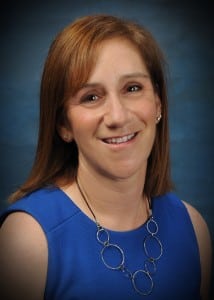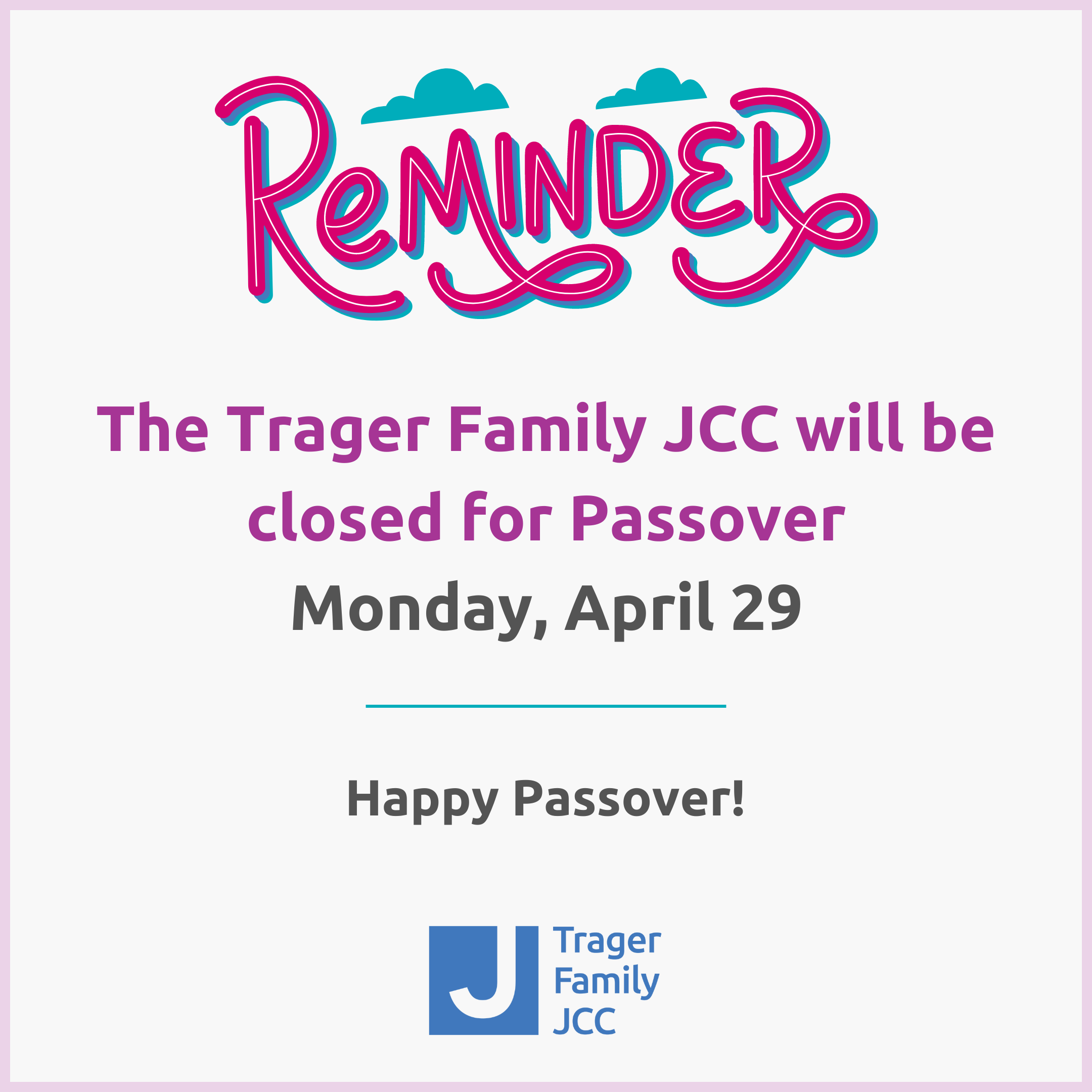Late last year, Rabbi Irwin Kula gave a compelling community address titled “Embracing Change.” During his address, he noted that the most observed Jewish practice today is the Passover Seder.
The order and structure of the Seder are much the same as they were thousands of years ago. However, a comfort level has developed over time with adapting the telling of our story of slavery to freedom.
I am always struck by the creativity put into Seders. This year, for instance, some wrote plays to tell the story. Others incorporated yoga poses to act out the 10 plagues. And the trendsetters of the season changed words of the Hagadah to the music of Hamilton.
The spirit and energy put into preparing the Seder and retelling the story of the Exodus has endured time in a way other holidays have not.
Passover is our story. And yet, it transcends religious and ethnic lines, acknowledging and praying that all people should be free from persecution and fear.
While preparing for the second Seder this year, I was shocked – as I’m sure many of you were – to hear White House Press Secretary Sean Spicer insist that even Hitler’s actions were not as bad as those of Syrian President Bashar al-Assad. Not only were Spicer’s words insensitive, but to hear this as we prepared our Seder tables was disappointing and alarming.
Spicer’s remarks clearly illustrated why we must tell and retell our own story, why we need to put into context what has happened to the Jewish people simply for being Jews throughout history, and why we need to embrace both traditional and new ways of sharing it.
After the Seder, I read a Facebook post by a former Louisvillian, Ted Nathan who, 25 years ago, participated in the March of the Living as a teen. Ted was responding to Spicer’s remark in a passionate and honest manner.
“I cannot be silent any longer. Twenty-five years ago, I went with thousands of other Jewish teenagers from around the world to remember what happened at Auschwitz, the other extermination camps, the concentration camps, the ghettos, the cities and thousands of towns in Europe. I went to celebrate that my great-grandmother, my great-aunt and my grandmother and some of her best friends survived places called Auschwitz, Majdanek, Riga, Kiel and so many other names. I went to remember what happened during the Holocaust so that I could help teach others and keep an atrocity like this from happening again, I went to figure out why portions of my family tree are missing for no other reason than ‘they were Jews.’”
As I read the comments to Ted’s much longer post, he was asked about his March of the Living experience. As the madricha, or counselor, who prepared teens and traveled with the group to Poland 25 years ago, it was very emotional to read Ted’s comments. He thanked the Federation for sending him on this life-changing experience. Ted has kept his promise to continue to remember and teach the lessons of the Holocaust.
Ted concluded, “Tonight is the second night of Passover. A night where Jewish people around the world retell the story of persecution and persistence. Resistance and persistence are important in this political moment. #never forget”
Following Passover, our community came together on April 25 for Yom HaShoah and heard the poetry of I Never Saw Another Butterfly. This is part of our tradition and our commitment. We retell the story of the Exodus each year and we remember the lives lost in the Shoah. We also remind ourselves that there are clearly people in this world who are in danger and need help. As Jews, we have a responsibility to speak out and stand up against all forms of persecution. As Jews, we also have the responsibility to remember and to teach.
(Sara Klein Wagner is president and CEO of the Jewish Community of Louisville.)




